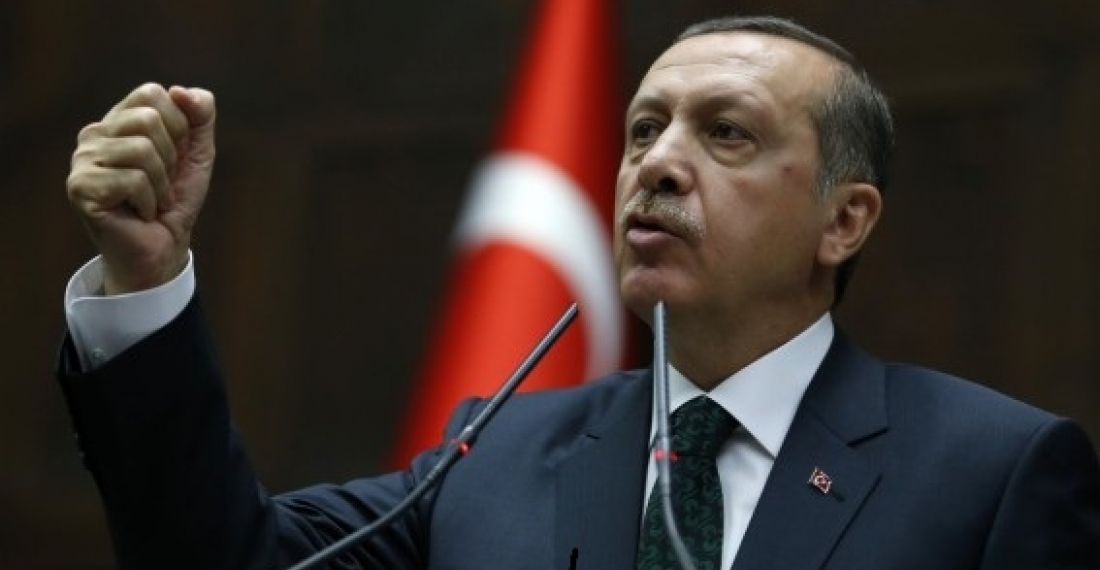Turkey is preparing for a new chapter of reforms in the economic, legal and social sectors. President Erdoğan hinted at the new changes in a speech to the Parliament last week.
The most important goal is to capitalise on the opportunities in the post-COVID-19 period,
Among the reforms are changes to investment legislation aiming to solve disputed issues that local and foreign investors may encounter. Turkey's target is to return to its 2013 performance and establish an environment of trust.
The new period of reform will address the significant fields of human rights and the judicial system. As Erdoğan underlined, it will try to establish a balance in which freedoms and security complement one another.
In terms of human rights, Ankara will try to create an environment where concessions need not be made from security policies or freedoms. Turkey has been navigating a minefield since 2013 on this front, with Ankara saying it is unfair of critics to scrutinize its intensifying security approaches following the June 2013 Gezi protests and later the Gülenist Terror Group (FETÖ) led July 15 coup attempt.
During this period Turkey will simultaneously finalise its Human Rights Action Plan while strengthening the foundation of the public power that protects freedoms.
Turkey seeks to become one of the world's top 10 economies by 2023. Earlier this year, Turkey stood at the 19th position in terms of Nominal GDP.






